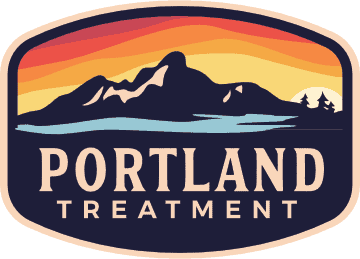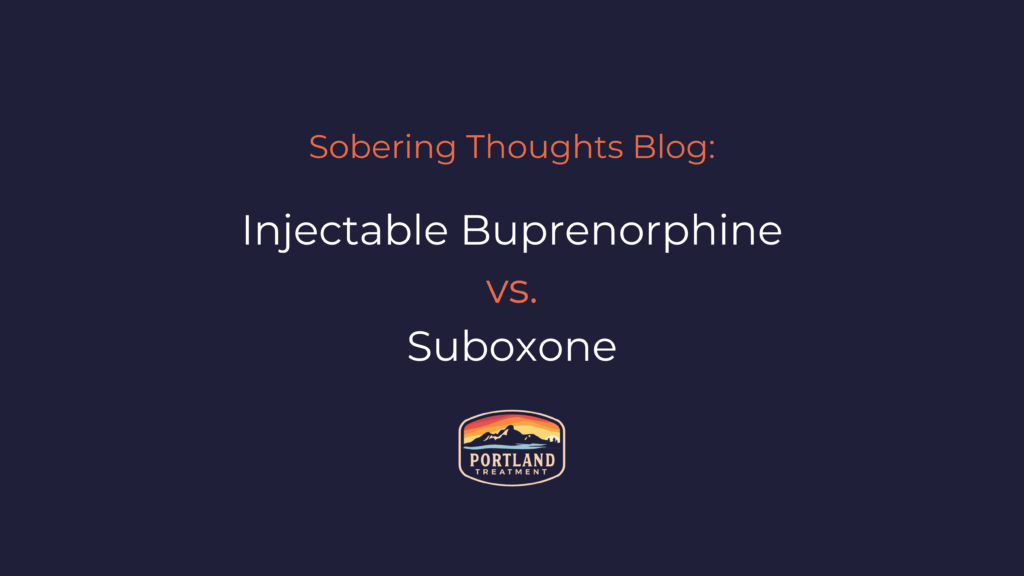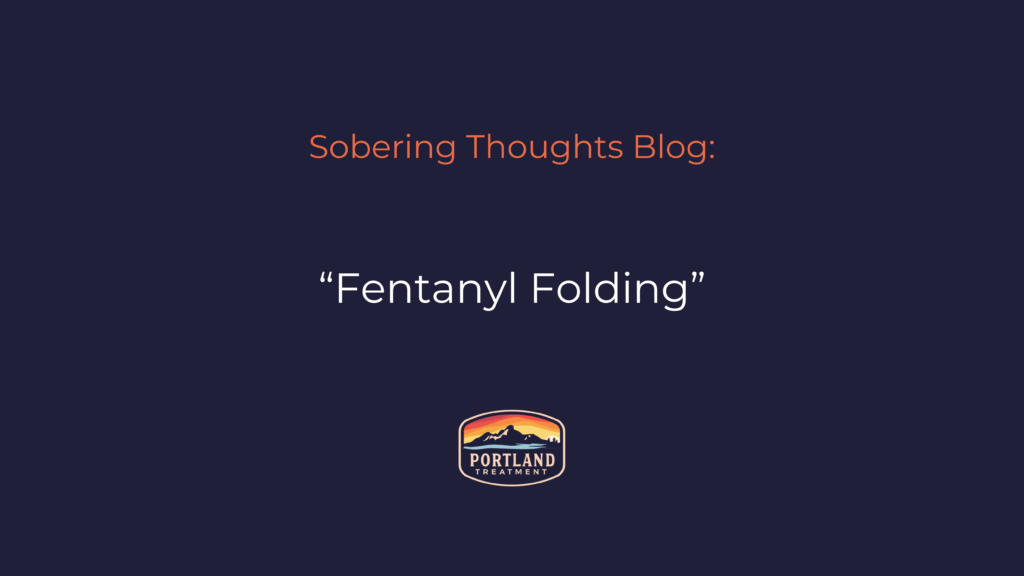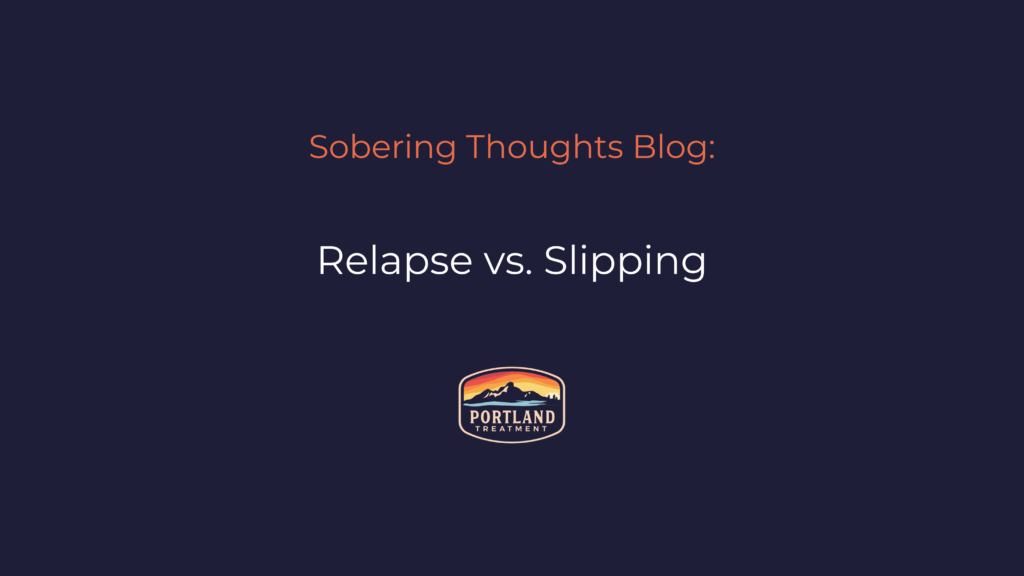In Maine, individuals struggling with co-occurring substance use and mental health disorders can find comprehensive care and support through dual diagnosis treatment. This specialized approach addresses the complex interplay between addiction and mental health, providing a holistic path to recovery. Understanding the connection between these co-occurring disorders is crucial in tailoring effective treatment, and Maine …
In Maine, individuals struggling with co-occurring substance use and mental health disorders can find comprehensive care and support through dual diagnosis treatment. This specialized approach addresses the complex interplay between addiction and mental health, providing a holistic path to recovery.
Understanding the connection between these co-occurring disorders is crucial in tailoring effective treatment, and Maine offers top-rated dual diagnosis treatment centers that prioritize individualized care. From exploring the benefits of personalized treatment to delving into the services provided, this article delves into the key components of dual diagnosis treatment in Maine, shedding light on the reputable treatment centers and the state’s Co-Occurring Disorders Court Program.
This comprehensive guide aims to provide valuable insights into the available resources, rehab options, and eligibility criteria, empowering individuals and their loved ones to make informed decisions on the path to healing.
Dual Diagnosis Treatment for Co-occurring Disorders in Maine
Dual Diagnosis Treatment for Co-occurring Disorders in Maine encompasses comprehensive care and treatment programs for individuals facing the challenges of mental health disorders and substance use.
These programs in Maine emphasize the integration of mental health and addiction treatment to address the complex needs of individuals dealing with co-occurring disorders. The focus is on providing personalized and evidence-based interventions that consider the unique challenges and complexities associated with dual diagnosis.
Specialized treatment centers and programs in Maine offer a range of services, including psychiatric assessments, medication management, individual and group therapy, relapse prevention strategies, and support for co-existing conditions.
Understanding Dual Diagnosis Treatment
Understanding Dual Diagnosis Treatment involves a holistic approach to addressing both mental health conditions and substance use disorders, aiming to provide integrated care and support for individuals in their recovery journey.
Exploring the Connection Between Substance Use and Mental Health Disorders
Exploring the Connection Between Substance Use and Mental Health Disorders reveals the intricate interplay between these conditions, highlighting the impact of co-occurring disorders on individuals’ overall well-being and recovery.
Individuals facing the challenge of co-occurring substance use and mental health disorders often encounter a complex web of interconnected symptoms and struggles. For many, substance use arises as a coping mechanism to alleviate the distressing symptoms of underlying mental health issues. This interconnectedness often complicates the treatment process, requiring a comprehensive and carefully tailored approach.
Integrated care has emerged as a holistic strategy, recognizing the need to address both substance use and mental health diagnoses concurrently, aiming for a synergistic healing process that promotes sustained recovery.
Key Mental Health Services Provided During Treatment
Key Mental Health Services Provided During Treatment encompass a comprehensive range of therapeutic interventions, counseling, and psychiatric care tailored to address the specific mental health needs of participants in the recovery program.
These services are designed to support individuals dealing with a variety of mental health challenges, including anxiety, depression, bipolar disorder, schizophrenia, and other co-occurring conditions. The therapeutic interventions extend beyond traditional counseling to include specialized therapies such as cognitive-behavioral therapy, dialectical behavior therapy, and mindfulness-based interventions, all aimed at promoting emotional regulation and skill-building.
Along with individualized counseling, group therapy sessions offer participants the opportunity to connect with others facing similar struggles and gain support and encouragement from peers. Complementing the psychological and emotional support, psychiatric care is integrated into the treatment programs to provide medication management, psychiatric evaluations, and ongoing monitoring of mental health symptoms.
Benefits of Individualized Treatment
The Benefits of Individualized Treatment are evident in the personalized care and recovery support provided to each client, allowing for tailored interventions and treatment plans that address their unique needs and conditions.
Top-Rated Dual Diagnosis Treatment Centers in Maine
Maine is home to several Top-Rated Dual Diagnosis Treatment Centers that offer comprehensive programs and services catered to clients in need of integrated care for co-occurring disorders.
Rehab Options and Accepted Insurance
Rehab Options and Accepted Insurance at Dual Diagnosis Treatment Centers in Maine cover a range of outpatient and residential program phases, with flexibility to accommodate diverse participant needs and insurance coverage.
These centers offer a comprehensive approach to rehabilitation, with programs designed to address the complex nature of co-occurring mental health and substance use disorders. Whether it’s through individual therapy, group counseling, medication management, or holistic therapies, the treatment plans are tailored to meet the specific needs of each participant.
The facilities understand the financial constraints that can come with seeking treatment, and therefore, they accept a wide range of insurance plans to make the rehabilitation services accessible to individuals from various backgrounds.
Criteria for Choosing the Best Treatment Center in Maine
Criteria for Choosing the Best Treatment Center in Maine include the program’s focus on individual needs, the availability of outpatient services, and the overall holistic approach to co-occurring disorder care.
When seeking a treatment center, it’s vital to find one that addresses the unique needs of each individual. An emphasis on personalized care ensures that the specific challenges and circumstances of each patient are taken into account. Having access to outpatient services is crucial for individuals who require flexibility in their treatment schedules, allowing them to continue meeting their daily obligations while receiving the care they need.
A holistic approach to care acknowledges the interconnectedness of the mind, body, and spirit in healing. This involves addressing co-occurring disorders with a comprehensive understanding of the individual’s overall well-being, including mental health, physical wellness, and social support systems.
Maine’s Co-Occurring Disorders Court Program
Maine’s Co-Occurring Disorders Court Program offers a unique support system and structured interventions for eligible individuals dealing with co-occurring disorders, providing an alternative pathway towards recovery and rehabilitation.
Program Overview and Key Components
The Program Overview and Key Components of Maine’s Co-Occurring Disorders Court Program encompass a multidisciplinary approach, incorporating medical care, counseling, and rehabilitation interventions to address the complex needs of participants.
The court program integrates various professionals such as judges, healthcare providers, and case managers to ensure a comprehensive support system.
Medical care involves psychiatric evaluations, medication management, and physical health monitoring, while counseling includes individual and group therapy sessions, addressing substance use issues, and building coping skills.
The rehabilitation interventions encompass vocational training, housing assistance, and access to community resources for a holistic approach towards participant care.
Eligibility and Application Process
Eligibility and Application Process for Maine’s Co-Occurring Disorders Court Program involve specific criteria and procedures, ensuring equitable access to support and rehabilitation opportunities for individuals within Kennebec County and surrounding areas.
The eligibility criteria for the program typically require individuals to have a diagnosed co-occurring substance use and mental health disorder and be involved in the criminal justice system within the supported regions. Applicants must demonstrate a willingness to engage in treatment and follow court-ordered conditions. To apply, individuals can contact the court program office in Kennebec County or through assigned legal representatives.
The application process involves submitting relevant documentation and attending interviews or assessments as per the program’s requirements.
Requirements and Support for Participants
The Requirements and Support for Participants in Maine’s Co-Occurring Disorders Court Program are structured to ensure accountability, rehabilitation, and access to tailored interventions, under the jurisdiction of District Superior Courts and associated legal frameworks.
The Co-Occurring Disorders Court Program in Maine holds participants accountable to adhere to the program’s rules and regulations, ultimately promoting responsibility and fostering personal development. Participants are provided with access to a range of rehabilitation services tailored to address their specific needs, as well as interventions aimed at addressing the complexities of co-occurring disorders.
The program operates within the jurisdiction of the District Superior Courts, ensuring that legal frameworks are actively supporting the rehabilitation journey of the participants.
Comprehensive and Compassionate Addiction Treatment at Portland Treatment in Maine
At Portland Treatment in Maine, we are deeply committed to providing comprehensive and compassionate care for those struggling with addiction. Our approach is holistic, focusing on the individual as a whole, rather than just the symptoms of addiction. We understand that each journey to recovery is unique, and our expert team is dedicated to creating personalized treatment plans that cater to the specific needs and circumstances of each client.
Our facility offers a wide range of services designed to support individuals at every stage of their recovery journey. From initial detoxification to inpatient rehab, outpatient programs, and ongoing aftercare support, we ensure a continuum of care that fosters lasting recovery. Our treatment modalities include evidence-based therapies, innovative treatment techniques, and holistic approaches that encompass mental, physical, and emotional health.
Recognizing the importance of a supportive environment in the recovery process, Portland Treatment provides a nurturing and safe space where individuals can heal and grow. Our programs are designed to empower clients, helping them develop the skills and resilience needed to overcome addiction and rebuild their lives. Family involvement is also a key component of our approach, as we believe in healing and strengthening family relationships as part of the recovery journey.
At Portland Treatment, we pride ourselves on our team of highly qualified professionals who bring a wealth of experience and expertise to our programs. Our staff includes licensed therapists, medical professionals, and addiction specialists who are passionate about helping individuals achieve sobriety and wellness. We are constantly evolving our practices to incorporate the latest research and best practices in addiction treatment, ensuring the highest standard of care for our clients.
Choosing Portland Treatment in Maine means choosing a path to recovery that is supported by expertise, compassion, and a commitment to excellence. We are not just a treatment center; we are a community dedicated to helping individuals and their families overcome the challenges of addiction and move forward to a brighter, healthier future.






